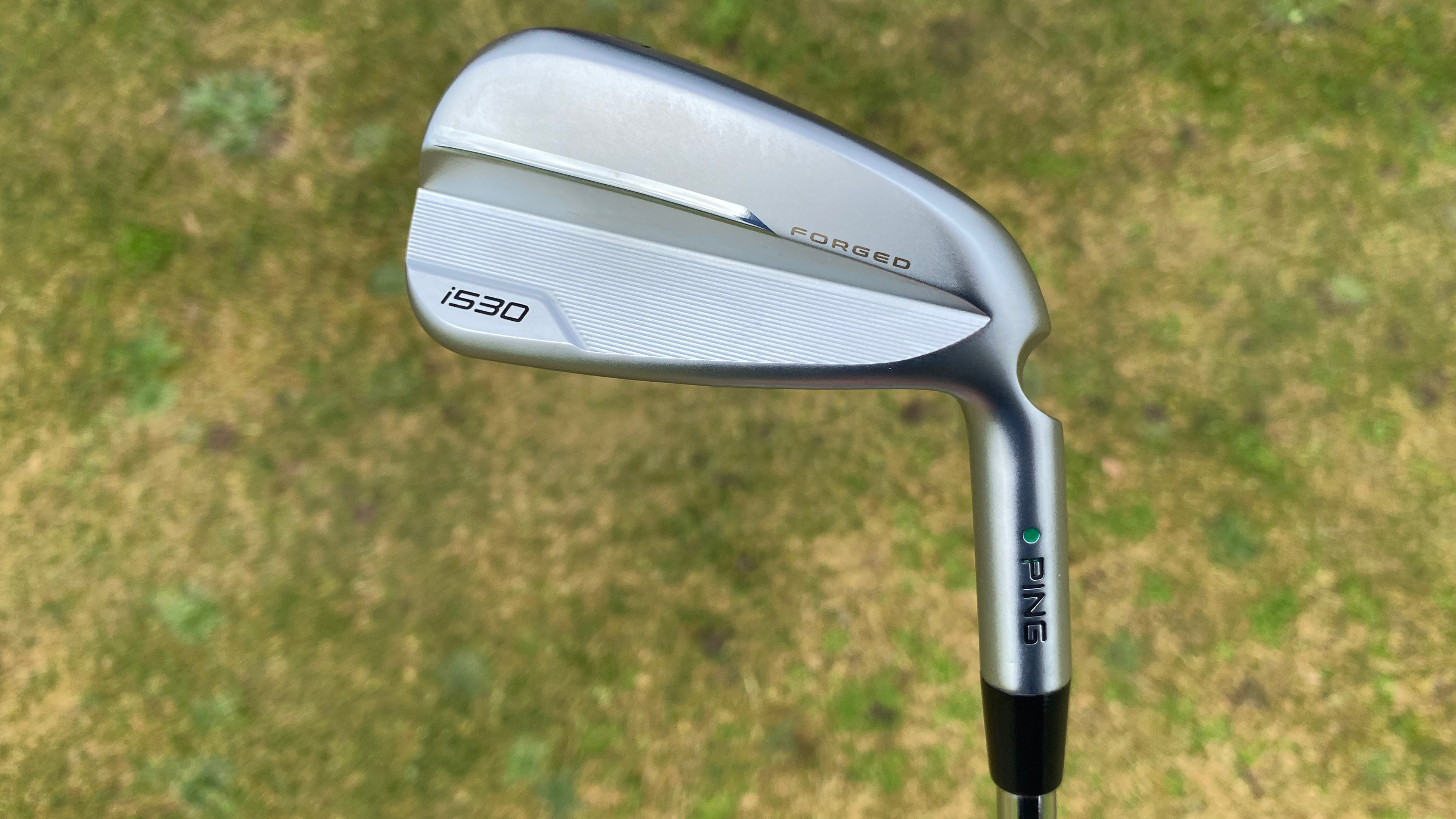
Along with the new G730 model, this year's offering from Ping is rounded off by the i530 iron. Looking to sit amongst the best compact mid-handicap irons, we took them out and put them through their paces.
In terms of the technology, everything seems to have been geared towards ball speed and distance in the i530. Ping has implemented a new internal weight pad that provides a deeper to thinner face-to-sole transition which it says increases face flexing and subsequently ball speed. Ping has even used the same flexible maraging steel face that it uses in its woods and welded it to a stainless steel hollow body before applying an internal polymer to the back of the face to improve feel and again maximize face flexing.
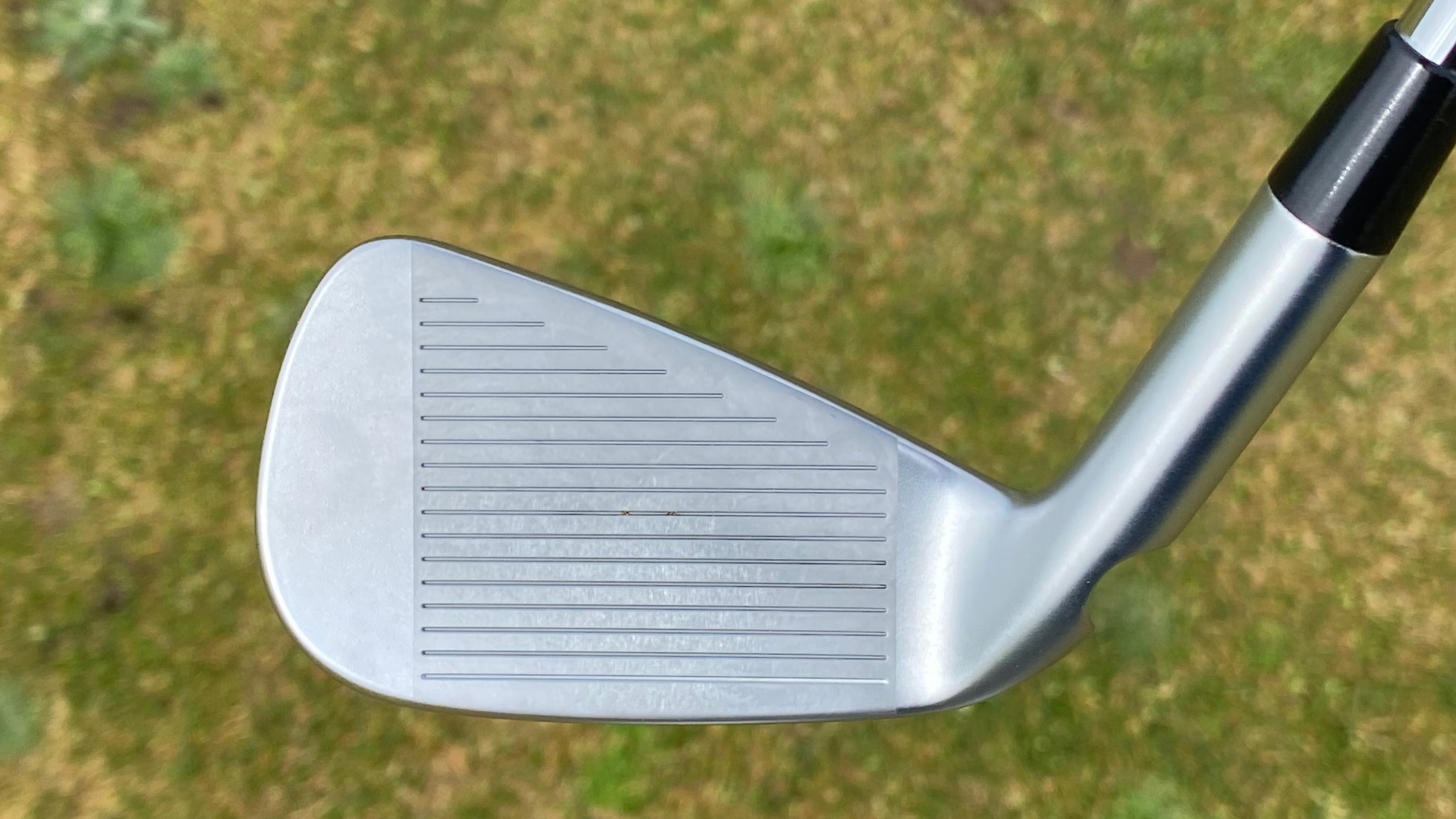
These design features, coupled with standard lofts that are 1.5˚ stronger than its predecessor, the i525 iron, should result in some fairly punchy distance numbers then. More on that later.
The looks of the i530 are absolutely spot on for irons in this category. Enough real estate behind the ball to inspire confidence, but not so much that they look like they should be in the game improvement iron category, while the relatively minimal offset will appeal to the better player. It’s a tough sector to please everyone with regard to the looks as you have so many different types of player looking to use them.

Firstly, you might find someone who has traditionally used smaller, more ‘player’ style clubs who is in need of an aged-imposed distance boost. This player is likely to be put off by something too chunky. However, on the other hand, improving players who are looking to take their first step away from the game improvement market might well be shopping in this market, so anything too small or blade-like might be intimidating. Tough to please everyone, but Ping has done a great job here and given the i530 the best chance.
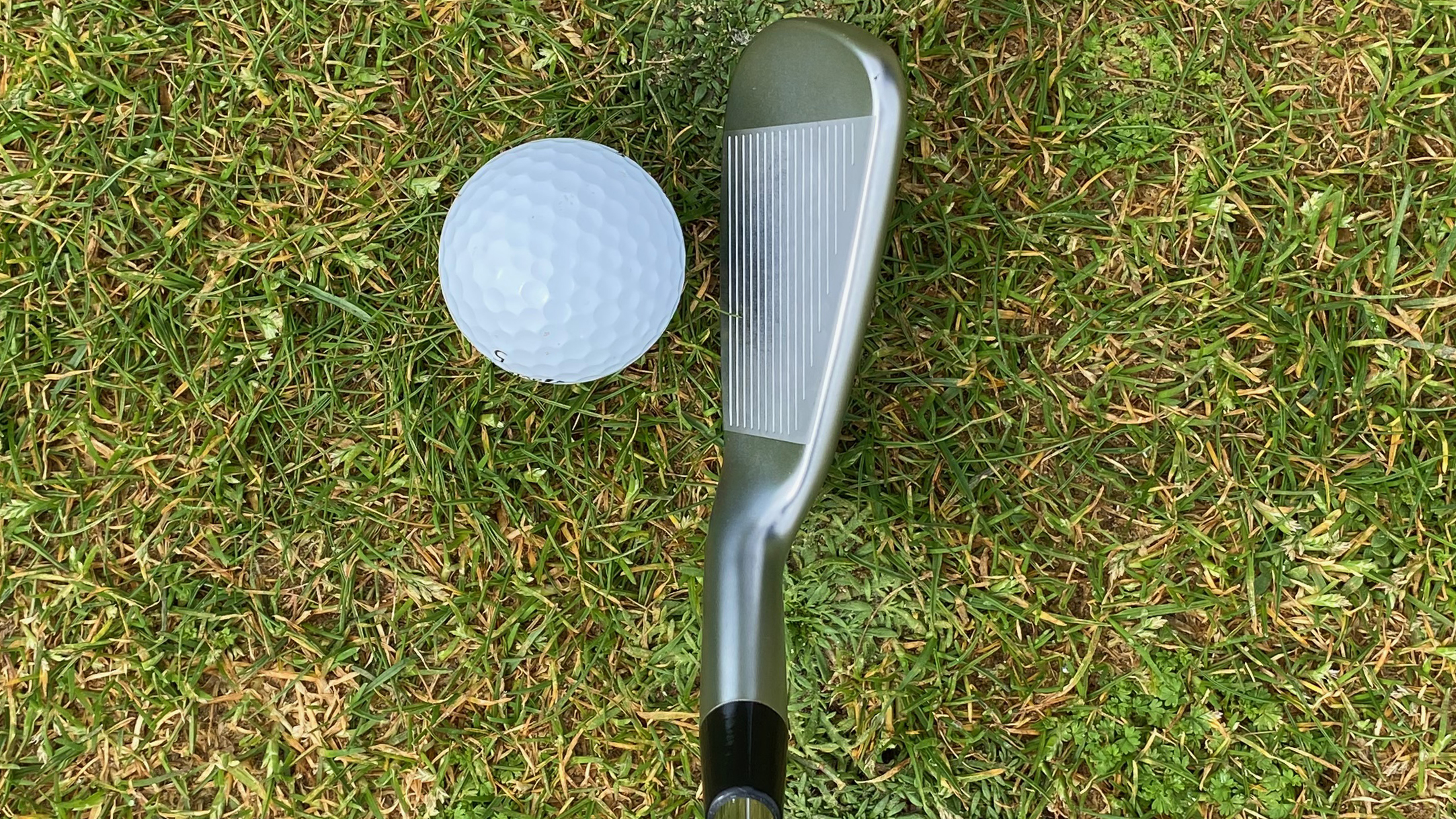
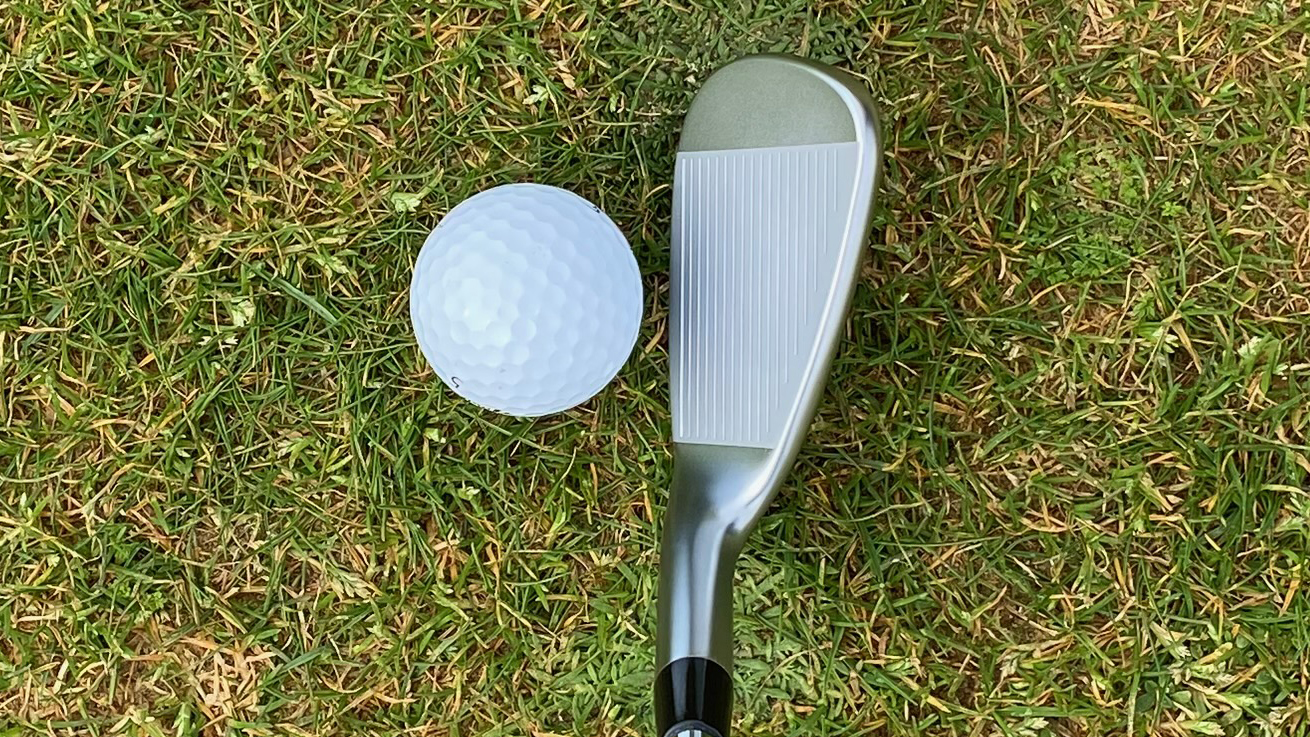
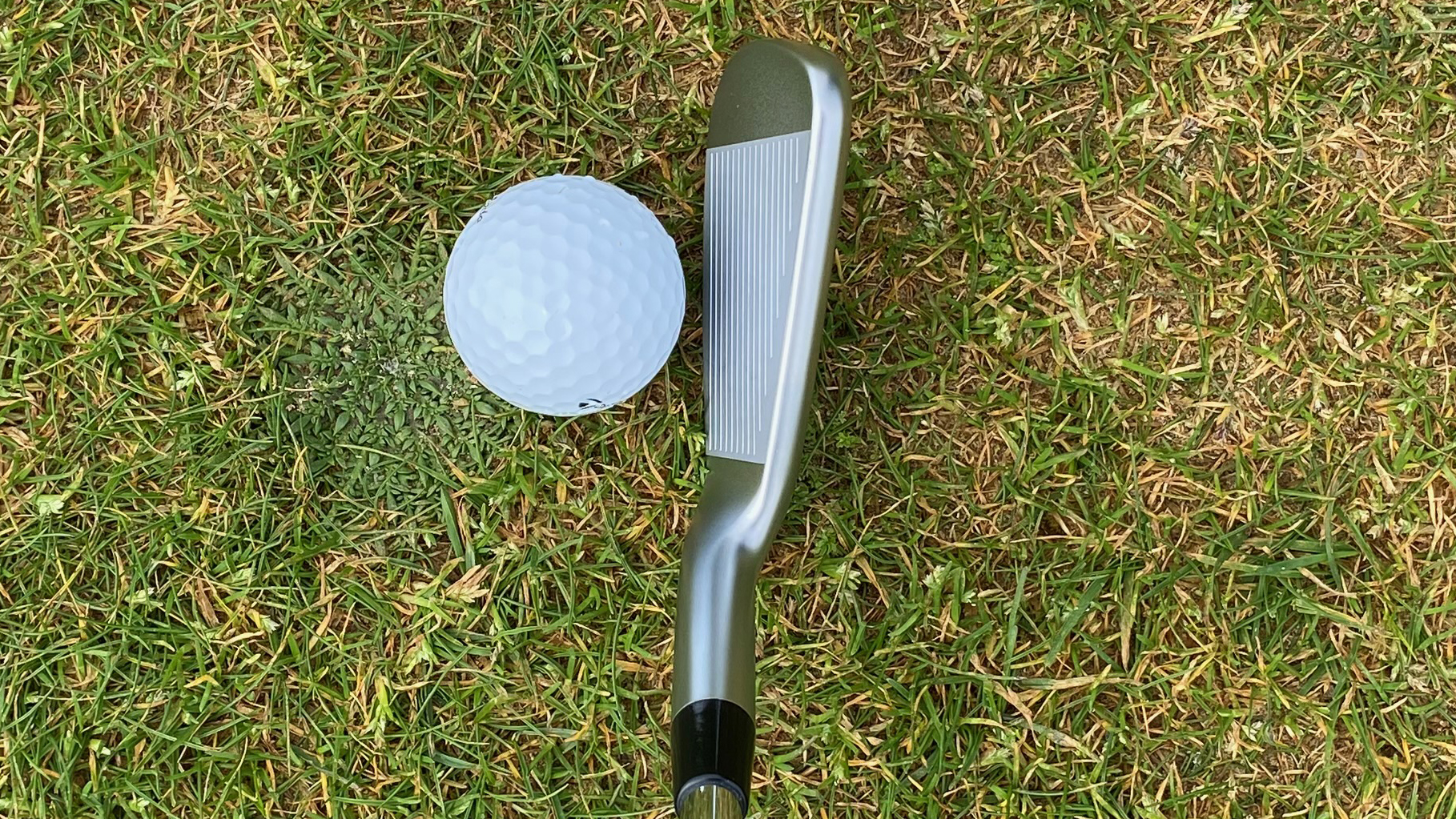
Shelf appeal is strong too with a pleasantly minimalist design and muted color pallet, once again appealing to the more discerning player.
On to the performance, and these irons deliver on their promise. They are quick. Really quick. I tested these irons on the practice ground and course at Saunton Golf Club in North Devon using my Full Swing KIT launch monitor and TaylorMade TP5 golf balls.
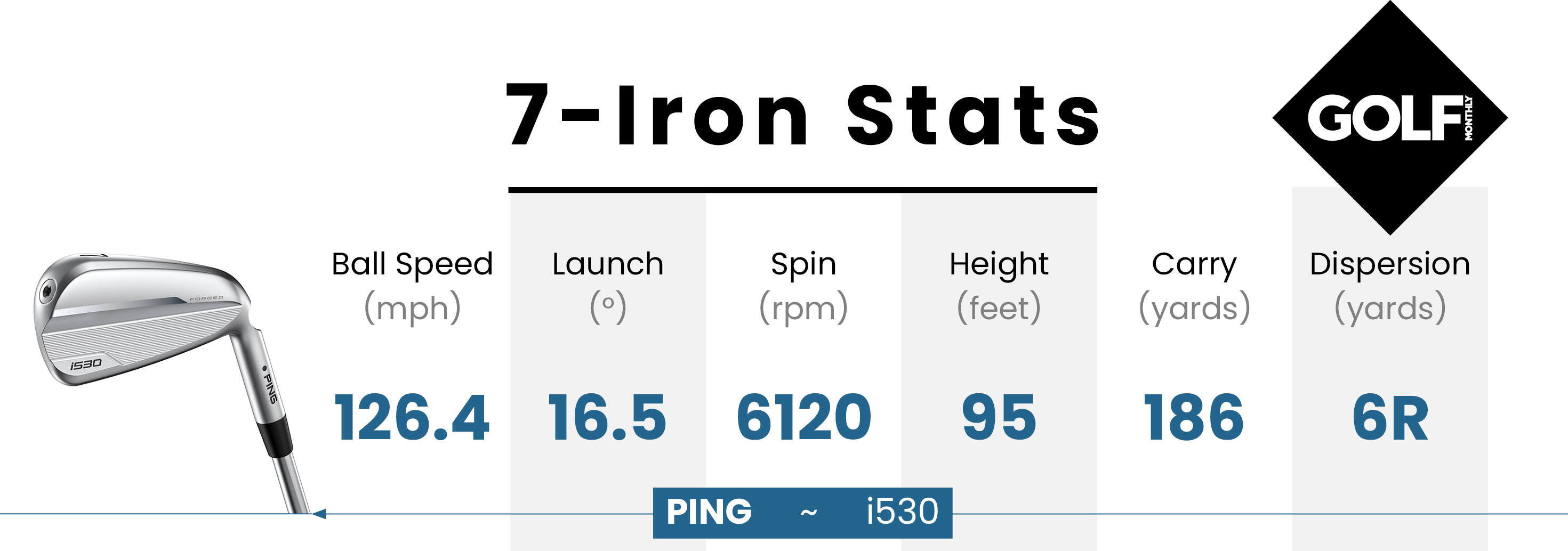
Ball speed was the highest of any iron in this category I have tested to date, with the 7-iron averaging 126.4 mph. With a low-to-moderate launch angle of 16.5˚ and a reasonable spin rate in the low 6000s, it all added up to a 186-yard average carry distance, which I can assure you is long for me. For context, with my gamer set of Callaway Apex CBs, I average around 175 yards of average carry with my 7-iron, albeit they are a full 5˚ apart in loft.
The work Ping has done to lower the CG to offset the stronger lofts has clearly worked too as peak heights were pretty manageable at around the 95-foot mark. This translated into some steep landing angles which gave me confidence that I could stop these on most surfaces, even at the height of summer.
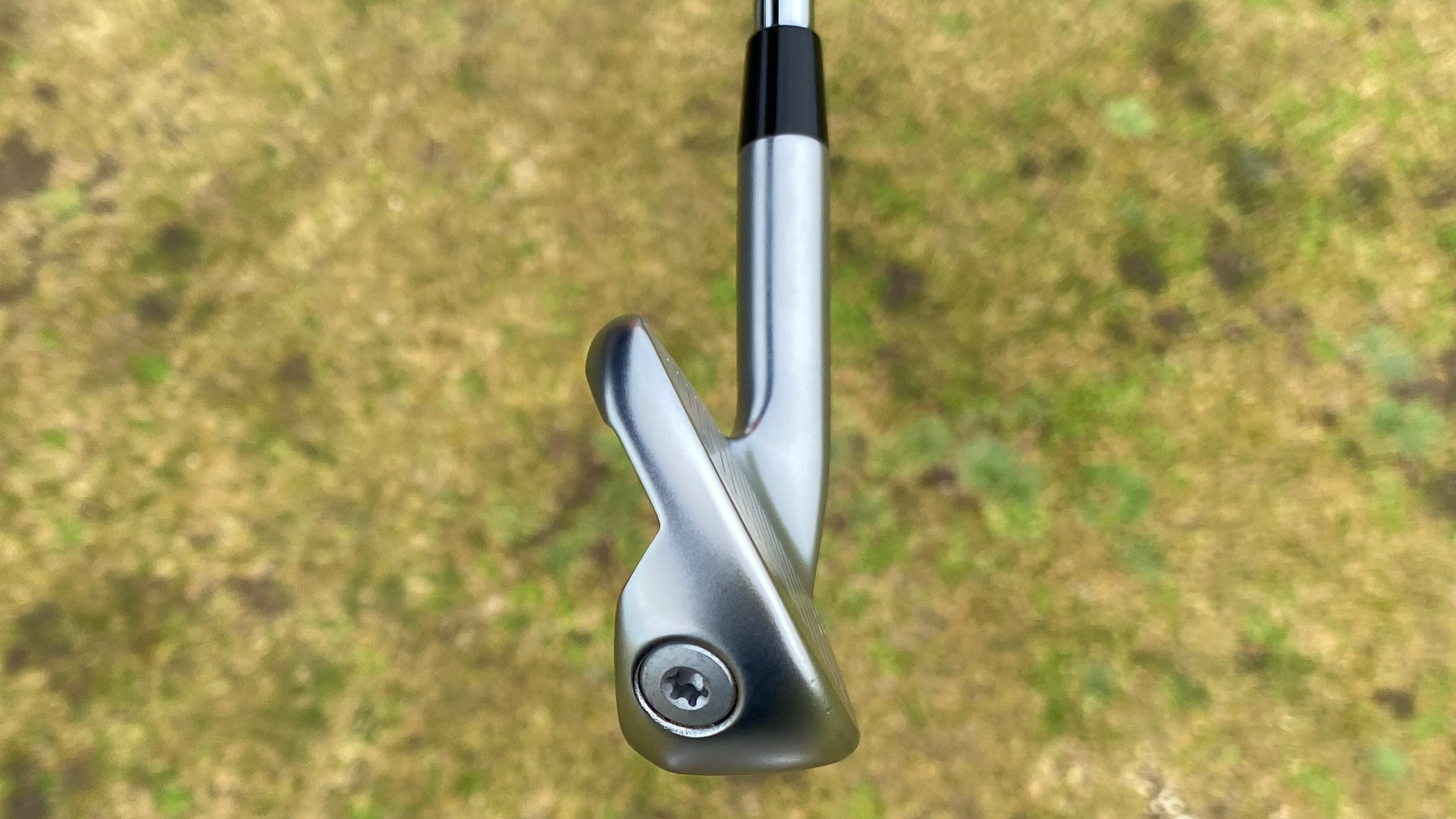
From a feel point of view, I would say that whilst the i530 irons are very lively, they are a touch firmer than some others I have tried in this genre. The Mizuno Pro 245 irons, for example, do provide a significantly softer feel at impact. That said, the i530 feel is far from unpleasant, and many people favor a more robust strike sensation.
Overall, these irons tick all the performance elements I look for in the player's distance category. Not only that, they are wrapped up in a pleasingly refined aesthetic that will appeal to a really broad range of golfers. The RRPs are £190 per club with stock steel shaft and £200 per club with stock graphite shaft, with Power and Retro specs available for golfers seeking even more or less distance.







